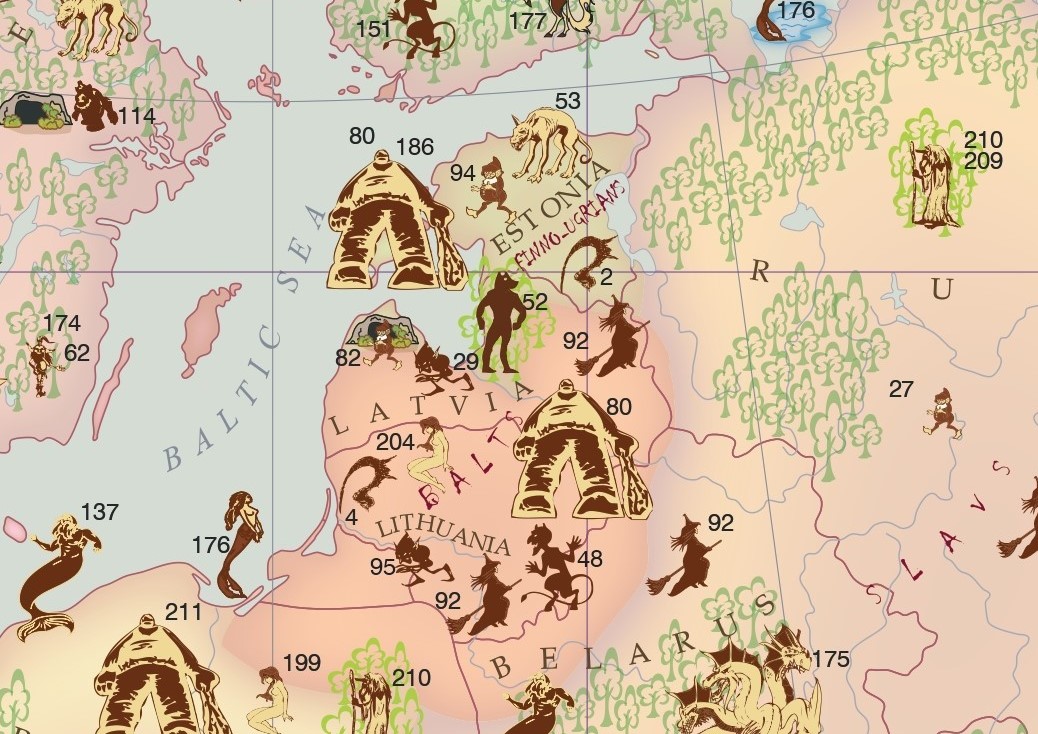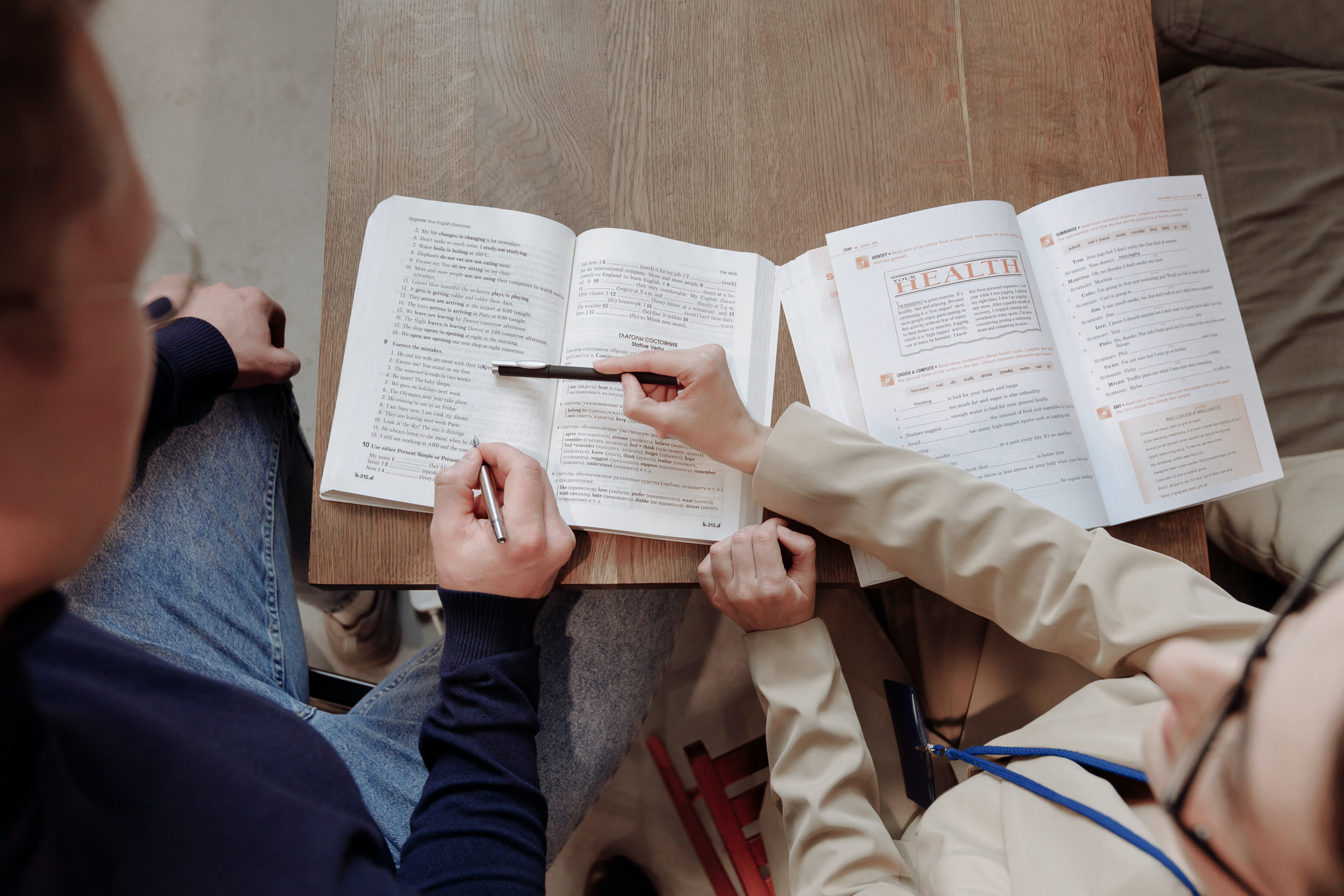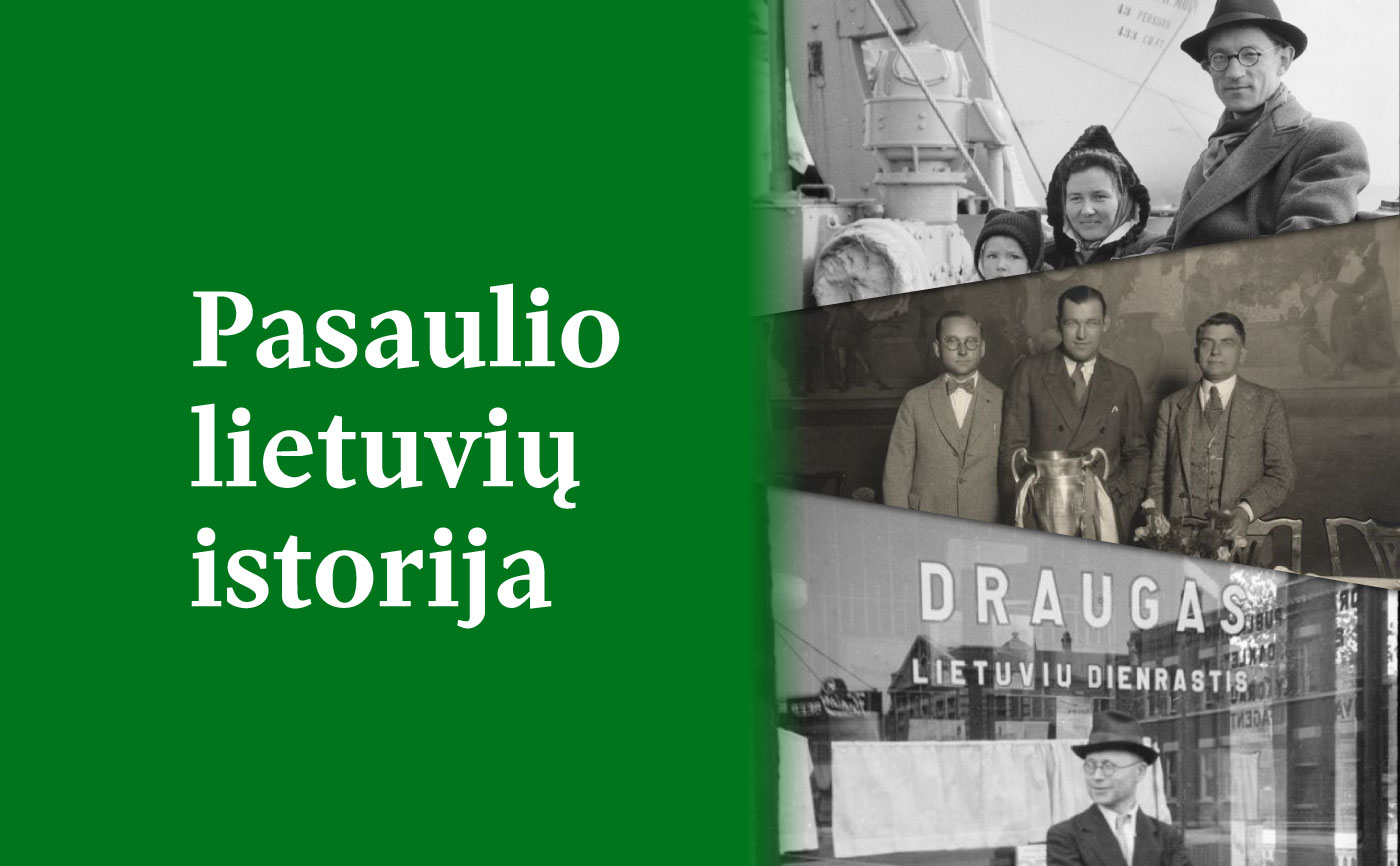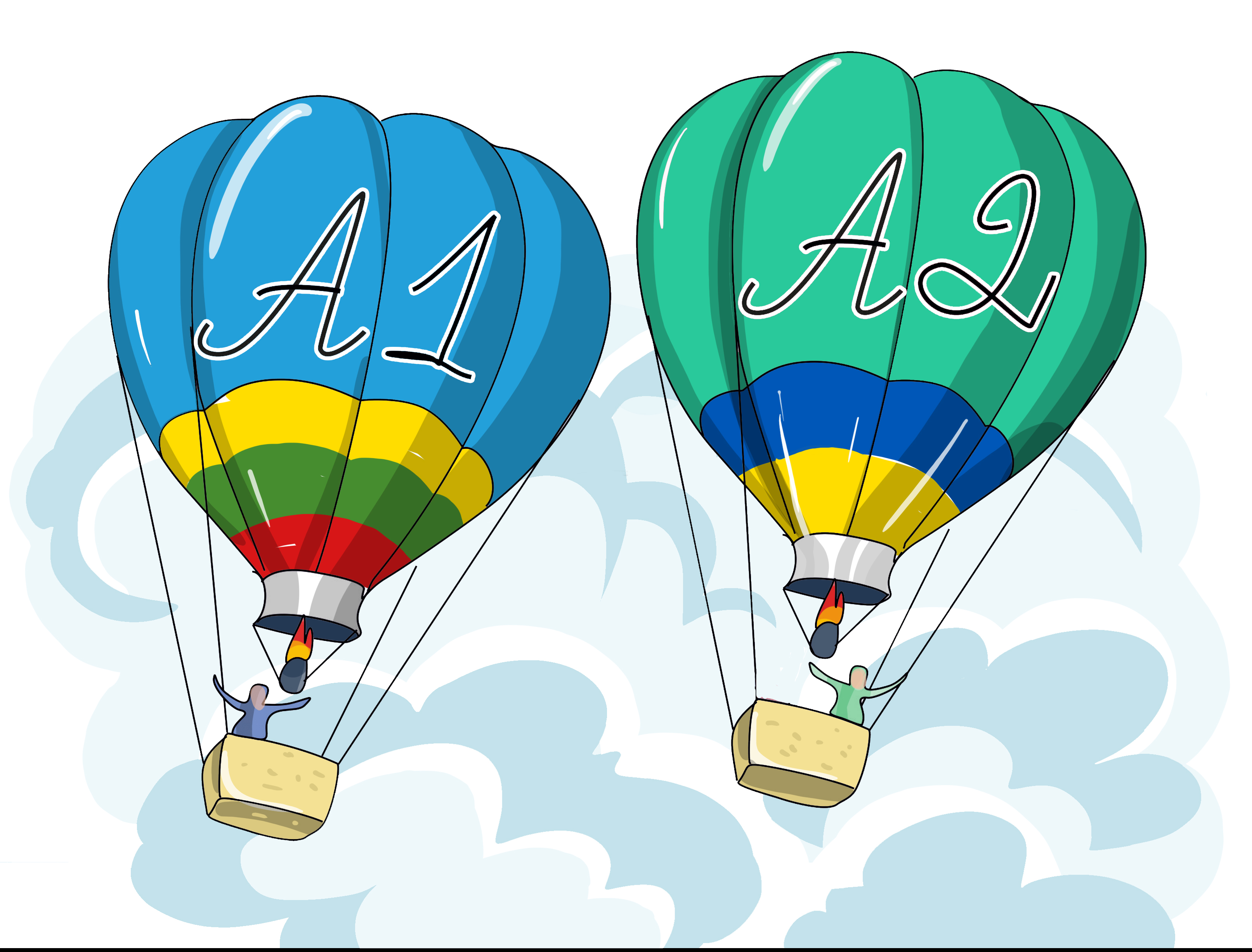
You will learn to:
- Identify the essential features and sources of traditional Lithuanian culture.
- Discuss the main genres of Lithuanian folklore within their cultural context.
- Briefly describe the key characteristics of the Baltic mythological tradition and its ancient pantheon.
- Explain the main traditional calendar, work-related, and family celebrations and their development over time.
- Recognize the elements of Lithuanian ethnic material culture and assess their historical transformations.
Learning topics:
- Traditional Lithuanian culture and its sources. Core cultural features, the formation and transformation of folklore in the 21st century, history of research and key figures.
- Folklore. Oral and sung folklore: legends, songs, contemporary folklore and narratives.
- Baltic mythology. Features of mythological worldview, the ancient Baltic pantheon, the relationship between mythology and Christianity, and modern revival in Lithuania.
- Festivals and customs. Calendar and life-cycle celebrations: from Christmas to Midsummer, christenings, weddings, funerals.
- Material ethnic culture. Rural homesteads, memorial monuments, crafts, food, clothing from the 19th–20th c., and cultural change in the late 20th–21st c.
Study period:
15 weeks, spring semester: from February 1 to May 22. (English language, online)
- Teacher: Jurgita Macijauskaitė-Bonda

You will learn to:
- Understand spoken language, lectures, and even more complex reasoning if the topic is familiar.
- Understand most TV news and current affairs programs, as well as films in standard language.
- Read articles on current topics presenting different viewpoints and understand contemporary literary prose.
- Communicate spontaneously and fluently in speech and writing; participate in discussions, express and defend opinions.
- Describe various topics in detail, explain your viewpoint, and present pros and cons of choices.
- Write clear and detailed texts on a range of topics (essays, letters, reports), convey information and express opinions.
- Use compensation strategies when language knowledge is insufficient for smooth communication.
Learning topics:
- Talking about school and university, favorite subjects, study programs, career choices; discussing language learning and dialects.
Vocabulary: education system, institutions, programs, exams, languages and dialects.
Grammar: suffix –imas, “užuot” with active past participles, collective numerals, prepositions apie, pagal. - Describing traditions and holidays; expressing emotions, agreeing/disagreeing, summarizing, citing sources; retelling texts and describing events.
Vocabulary: traditions and holidays.
Grammar: future active participles, parenthetical words (e.g., “deja”, “tarkim”), conjunctions, generalizing pronouns, non-finite verb forms. - Talking about character, national traits, emotions, prejudices, parenting.
Vocabulary: personality traits, health, feelings.
Grammar: common gender nouns, genitive of quality, past active participles, reflexive pronouns, suffixes –uolis, –utis, interjections. - Describing household problems, repairs, car maintenance; expressing complaints or giving advice.
Vocabulary: housekeeping, repairs, cars.
Grammar: suffixes –inis, –inti, necessity participles, particles (e.g., “tik”, “vos”). - Describing flora, fauna, nature; discussing ecology and expressing natural sounds.
Vocabulary: plants, animals, countryside, ecology.
Grammar: suffix –ynas, compound words, onomatopoeia, diminutives, continuous action.
Study period:
from February 2 to May 20, I and III 17:15-18:45 (on-site in Kaunas)
- Teacher: Laura Kamandulytė-Merfeldienė
- Teacher: Vijolė Višomirskytė

You will learn to:
- Use complex grammatical structures in writing and speaking – when talking about daily life and discussing specific topics.
- Describe emotions, feelings, dreams, and clearly express expectations and goals.
- Use various verb forms and complex sentences to talk about impressions, such as a book read, an exhibition or concert visited, or a film seen.
- Apply grammar rules in spoken and written language.
Learning topics:
- "Me and my friends. Is friendship important?" Vocabulary: character traits, emotions, feelings. Grammar: past frequentative tense, definite adjectives and their use.
- "Lithuanian eating habits. Healthy food: cook at home or eat out?" Vocabulary: cooking, kitchen appliances, recipes, spices. Grammar: conjugation of reflexive verbs.
- "Memories, diaries, letters. My story." Vocabulary: family relations, genre names, use of adverbs. Grammar: subjunctive and imperative moods.
- "Once upon a time... Fiction in our lives." Vocabulary: literary genres, characters. Grammar: active participles in present and past tense, their functions and use.
- "Place and space. Identity and ecology." Vocabulary: politics, public life, culture. Grammar: passive participles in present and past tense, their functions and use.
- "Culture and subculture. How well do we understand each other?" Vocabulary: subcultural groups, Lithuanian equivalents of international words. Grammar: half-participle and gerund, functions and usage.
Study period:
from February 2 to May 20, I, III 17.00-18.30 (online, evening time)
Registration is open until January 28.- Teacher: Laura Kamandulytė-Merfeldienė
- Teacher: Indrė Žakevičienė

You will learn to:
- Use complex grammatical structures in writing and speaking – when talking about daily life and discussing specific topics.
- Describe emotions, feelings, dreams, and clearly express expectations and goals.
- Use various verb forms and complex sentences to talk about impressions, such as a book read, an exhibition or concert visited, or a film seen.
- Apply grammar rules in spoken and written language.
Learning topics:
- "Me and my friends. Is friendship important?" Vocabulary: character traits, emotions, feelings. Grammar: past frequentative tense, definite adjectives and their use.
- "Lithuanian eating habits. Healthy food: cook at home or eat out?" Vocabulary: cooking, kitchen appliances, recipes, spices. Grammar: conjugation of reflexive verbs.
- "Memories, diaries, letters. My story." Vocabulary: family relations, genre names, use of adverbs. Grammar: subjunctive and imperative moods.
- "Once upon a time... Fiction in our lives." Vocabulary: literary genres, characters. Grammar: active participles in present and past tense, their functions and use.
- "Place and space. Identity and ecology." Vocabulary: politics, public life, culture. Grammar: passive participles in present and past tense, their functions and use.
- "Culture and subculture. How well do we understand each other?" Vocabulary: subcultural groups, Lithuanian equivalents of international words. Grammar: half-participle and gerund, functions and usage.
Study period:
from February 3 to May 21, II, IV 17.15-18.45 (on-site in Kaunas, evening time)
Registration is open until January 28.- Teacher: Laura Kamandulytė-Merfeldienė
- Teacher: Indrė Žakevičienė

You will learn to:
- Apply grammar rules in spoken and written language.
- Write texts related to the topics studied during the course.
- Participate in conversations related to the course topics.
- Understand and use phrases relevant to public communication.
- Express opinions and ask questions.
Learning topics:
- "There are no foreign lands" (travel and transportation). Vocabulary: means of transport, arrival/departure times, holidays and travel, tourism. Grammar: prepositions of time and place, question words, numerals, prefixes.
- "Everywhere is good, but home is best" (home and household). Vocabulary: buildings, house and apartment, furniture and daily life, renting. Grammar: declension of adjectival words, degrees of adjectives.
- "Water for fish, air for birds, the whole earth for humans" (climate and weather). Vocabulary: climate zones, seasons, weather changes, natural phenomena. Grammar: government and agreement, numerals, neuter gender and adverbs.
- "There’s no bad weather, only bad clothing" (fashion and style). Vocabulary: clothing and accessories, shopping, fashion. Grammar: formation of adjectives, imperative and subjunctive moods, attributive clauses (which, who).
- "A healthy mind in a healthy body" (health and hygiene). Vocabulary: body parts, health and medicine, healthy lifestyle, hygiene and daily routine. Grammar: diminutives, reflexive verbs, conjunctions in compound sentences.
Study period:
from February 3 to May 21, II, IV 17.15-18.45 (online, english language)
Registration is open until January 28.- Teacher: Laima Jancaitė-Skarbalė
- Teacher: Laura Kamandulytė-Merfeldienė

You will learn to:
- Apply grammar rules in spoken and written language.
- Write texts related to the topics studied during the course.
- Participate in conversations related to the course topics.
- Understand and use phrases relevant to public communication.
- Express opinions and ask questions.
Learning topics:
- "There are no foreign lands" (travel and transportation). Vocabulary: means of transport, arrival/departure times, holidays and travel, tourism. Grammar: prepositions of time and place, question words, numerals, prefixes.
- "Everywhere is good, but home is best" (home and household). Vocabulary: buildings, house and apartment, furniture and daily life, renting. Grammar: declension of adjectival words, degrees of adjectives.
- "Water for fish, air for birds, the whole earth for humans" (climate and weather). Vocabulary: climate zones, seasons, weather changes, natural phenomena. Grammar: government and agreement, numerals, neuter gender and adverbs.
- "There’s no bad weather, only bad clothing" (fashion and style). Vocabulary: clothing and accessories, shopping, fashion. Grammar: formation of adjectives, imperative and subjunctive moods, attributive clauses (which, who).
- "A healthy mind in a healthy body" (health and hygiene). Vocabulary: body parts, health and medicine, healthy lifestyle, hygiene and daily routine. Grammar: diminutives, reflexive verbs, conjunctions in compound sentences.
Study period:
from February 3 to May 21, II, IV 17.15-18.45 (on-site in Kaunas, russian language, evening time)
Registration is open until January 28.- Teacher: Giedrė Barkauskaitė
- Teacher: Laura Kamandulytė-Merfeldienė

You will learn to:
- Read simple Lithuanian texts.
- Recognize and understand familiar words and key phrases in the most common everyday situations.
- Understand spoken Lithuanian when the context relates to topics discussed in the course.
- Ask questions, provide information, and hold conversations on course-related topics.
Learning topics:
- "Let’s get acquainted. Who are you? Who is your friend?" Vocabulary: introduction, native country, nationality, languages, address, phone number. Grammar: alphabet, nominative and genitive cases, present tense verbs (type A).
- "Place and time. What is your city like? Where and when do we meet?" Vocabulary: city landmarks, directions, times of year and day, hours. Grammar: locative case, prepositions of place, accusative case, present tense verbs (type I).
- "Food and drinks. Is it tasty?" Vocabulary: food products, drinks, adjectives to describe food. Grammar: adjective and noun agreement, present tense verbs (type O), subjunctive for politeness, prepositions su and be, instrumental case.
- "Family. Do you have a big family?" Vocabulary: family members, professions, adjectives to describe people. Grammar: past and future tenses, imperative mood, dative case, vocative case.
Study period:
from February 2 to May 20, I, III 17.15-18.45 (on-site in Kaunas, russian language, evening time)
Registration is open until January 28.- Teacher: Laura Kamandulytė-Merfeldienė
- Teacher: Rasa Račiūnaitė-Paužuolienė

You will learn to:
- Read simple Lithuanian texts.
- Recognize and understand familiar words and key phrases in the most common everyday situations.
- Understand spoken Lithuanian when the context relates to topics discussed in the course.
- Ask questions, provide information, and hold conversations on course-related topics.
Learning topics:
- "Let’s get acquainted. Who are you? Who is your friend?" Vocabulary: introduction, native country, nationality, languages, address, phone number. Grammar: alphabet, nominative and genitive cases, present tense verbs (type A).
- "Place and time. What is your city like? Where and when do we meet?" Vocabulary: city landmarks, directions, times of year and day, hours. Grammar: locative case, prepositions of place, accusative case, present tense verbs (type I).
- "Food and drinks. Is it tasty?" Vocabulary: food products, drinks, adjectives to describe food. Grammar: adjective and noun agreement, present tense verbs (type O), subjunctive for politeness, prepositions su and be, instrumental case.
- "Family. Do you have a big family?" Vocabulary: family members, professions, adjectives to describe people. Grammar: past and future tenses, imperative mood, dative case, vocative case.
Study period:
from February 2 to May 20, I, III 17.00-18.30 (on-site in Kaunas, english language, evening time)
Registration is open until January 28.- Teacher: Laura Kamandulytė-Merfeldienė
- Teacher: Joris Kazlauskas

You will learn to:
- Read simple Lithuanian texts.
- Recognize and understand familiar words and key phrases in the most common everyday situations.
- Understand spoken Lithuanian when the context relates to topics discussed in the course.
- Ask questions, provide information, and maintain conversation on topics covered in the course.
Learning topics:
- "Let’s get acquainted. Who are you? Who is your friend?" Vocabulary: introductions, home country, nationality, languages, address, phone number. Grammar: alphabet, nominative and genitive cases, present tense verbs of type A.
- "Place and time. What is your city like? Where and when do we meet?" Vocabulary: city objects, directions, times of year and day, hours. Grammar: locative case, prepositions of place, accusative case, present tense verbs of type I.
- "Food and drinks. Is it tasty?" Vocabulary: food products, drinks, adjectives to describe food. Grammar: agreement of adjectives and nouns, present tense verbs of type O, subjunctive for politeness, prepositions su and be, instrumental case.
- "Family. Do you have a big family?" Vocabulary: family members, professions, adjectives to describe people. Grammar: past and future tenses, imperative mood, dative case, vocative case.
Study period:
from February 3 to May 21, II, IV 17.00-18.30 (online, english language, evening time)
Registration is open until January 28.- Teacher: Laura Kamandulytė-Merfeldienė
- Teacher: Regina Sabonytė

You will learn to:
- Define the characteristics of Lithuanian literary trends.
- Analyze historical circumstances that shaped Lithuanian cultural life in the early, mid, and late 20th century; describe the cultural context of 21st-century Lithuania.
- Describe the development of aesthetic thought; analyze literary works of various styles and genres.
- Analyze Lithuanian poetry and prose, compare Lithuanian writers’ texts with typologically similar texts from other countries; assess Lithuanian literary history in the context of world literature.
Learning topics:
- General characteristics of Lithuanian literature from the press ban period to the beginning of the Soviet era. The importance of folk art in the work of professional artists. Shades of aesthetic thought in early 20th-century Lithuania.
- Key principles of literary ethics and their validity in early 20th-century Lithuanian literature.
- Realism. Lithuanian neo-romanticism and symbolism. Tendencies of Lithuanian avant-garde. Features of modernist and postmodernist texts.
- Overview of cultural life in independent Lithuania.
- Characteristics of Soviet literature and mandatory literary schemes.
- The phenomenon of exile literature.
- Existentialist prose during the stagnation period (texts by B. Radzevičius, R. Granauskas, R. Klimas).
- Lithuanian magical realism (prose by S. T. Kondrotas and J. Skablauskaitė).
- Laconic prose: B. Vilimaitė and R. Lankauskas.
- The phenomenon of intellectual prose: R. Klimas and V. Martinkus.
- Contemporary Lithuanian novel: S. Parulskis, R. Šerelytė, R. Aškinytė, Laura Sintija Černiauskaitė.
- Prose of states of being in the context of 21st-century Lithuanian literature. Genre fusion phenomenon.
Study period:
from February 3 to May 19, II 14.15–16.45 (online)
Registration is open until January 28.- Teacher: Laura Kamandulytė-Merfeldienė
- Teacher: Indrė Žakevičienė
- Teacher: Laura Kamandulytė-Merfeldienė
- Teacher: Elena Pakalnytė

You will learn to:
- Read simple Lithuanian texts.
- Recognize and understand familiar words and key phrases in the most common everyday situations.
- Understand spoken Lithuanian when the context relates to topics discussed in the course.
- Ask questions, provide information, and maintain conversation on topics covered in the course.
Learning topics:
- "Let’s get acquainted. Who are you? Who is your friend?" Vocabulary: introductions, home country, nationality, languages, address, phone number. Grammar: alphabet, nominative and genitive cases, present tense verbs of type A.
- "Place and time. What is your city like? Where and when do we meet?" Vocabulary: city objects, directions, times of year and day, hours. Grammar: locative case, prepositions of place, accusative case, present tense verbs of type I.
- "Food and drinks. Is it tasty?" Vocabulary: food products, drinks, adjectives to describe food. Grammar: agreement of adjectives and nouns, present tense verbs of type O, subjunctive for politeness, prepositions su and be, instrumental case.
- "Family. Do you have a big family?" Vocabulary: family members, professions, adjectives to describe people. Grammar: past and future tenses, imperative mood, dative case, vocative case.
Study period:
from February 3 to May 21, II, IV 09.30-11.00 (online, english language, morning time)
Registration is open until January 28.- Teacher: Laura Kamandulytė-Merfeldienė
- Teacher: Gintarė Vaitonytė

You will learn to:
- Understand global mobility, diasporic identity and recognize Lithuanian migration patterns.
- Recall and interpret changes in Lithuanian geo-cultural spaces, identifying historical Lithuanian traces worldwide.
- Understand major phases and causes of diaspora dispersion and recognize behavioural characteristics.
- Interpret the diaspora’s contribution to Lithuanian independence and its relations with Lithuania before 1940.
- Evaluate ideological groupings, organisational features, and civic capabilities within diaspora communities.
- Understand the role of political emigration from 1940–1990 and navigate current migration and identity dynamics.
Learning topics:
- When, where, and why did Lithuanians and other nations migrate?
- Early migration experiences during and after the Grand Duchy of Lithuania.
- Major emigration wave in late 19th–early 20th c.: destinations, occupations, everyday life.
- The diaspora and Lithuanian statehood restoration; relations 1918–1940.
- Ideological groupings, organisational structures, and civic engagement.
- DP camps in Germany 1945–1951: social, cultural, and political life.
- Outcomes and influence of post-war refugees in Lithuanian political and cultural history.
- Contemporary emigration trends and modern Lithuanian–diaspora relations.
Study period:
from February 6, 2026 to May 22, 2026, Fri 15:00–16:30 (online, Lithuanian language)
- Teacher: Egidijus Balandis
- Teacher: Ingrida Dačiolienė

Цей курс призначений для українців, які хочуть почати самостійно вивчати литовську мову або продовжити навчання. Під час проходження курсу матеріал пояснюється українською мовою, а завдання перевіряються автоматично, що робить самостійне навчання простим і зручним.
Ті, хто вже відвідує курси литовської мови, можуть знайти в цьому матеріалі додаткові навчальні ресурси, а також пояснення теоретичних аспектів українською мовою. Цей навчальний посібник також стане в пригоді під час підготовки до іспиту на першу категорію знання державної мови.
Викладачі, які навчають литовської мови українців, можуть знайти тут корисні теоретичні матеріали та цікаві практичні завдання.
Created on: 2025 01 09
- Teacher: Laura Kamandulytė-Merfeldienė
- Teacher: Joris Kazlauskas
- Teacher: Rasa Račiūnaitė-Paužuolienė
- Teacher: Teresė Ringailienė
- Teacher: Gintarė Vaitonytė

